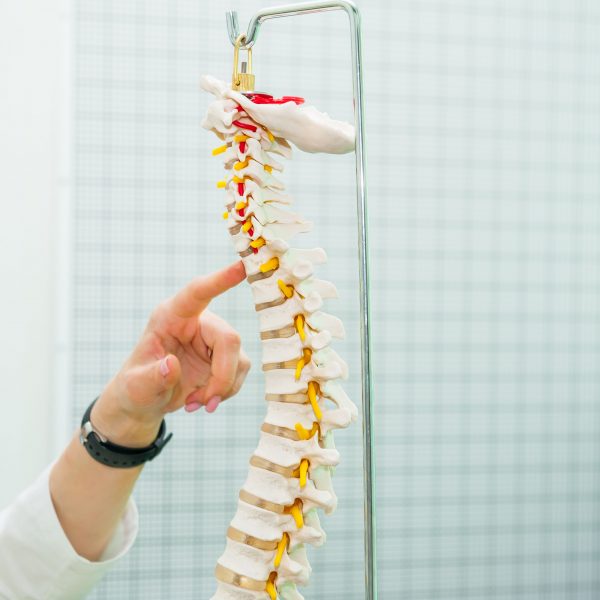For centuries, tea has been consumed by people of all ages, across all centuries. Aside from being a popular beverage, tea is known for its medicinal effects. Studies have shown that tea contains antioxidants, which prevent cell damage.
Since it’s favored as a drink, tea is also related to various aspects of lifestyle, culture, and socializing. Let’s take a look at the different aspects of tea and how it shapes cultures, economies, and policies.
Consumption and the Economy
Tea is consumed worldwide, most notably in countries like China, the UK, and Taiwan. People can buy their tea online, in the café, or their nearby grocery store.
According to the Food and Agriculture Organization of the United Nations, the demand for tea creates new income opportunities and improves food security among tea-producing countries. Countries like China, India, and other developing economies are driven by high incomes to increase and diversify their production.
Tea and the Development of the Arts
 As with coffee and wine, tea has contributed to the development of the arts of some civilizations. In the ancient days of Mainland China, intellectuals drank tea while discussing paintings and poems.
As with coffee and wine, tea has contributed to the development of the arts of some civilizations. In the ancient days of Mainland China, intellectuals drank tea while discussing paintings and poems.
The Taiwanese developed their own tea art culture. In 1975, the government organized competitions for tea producers to standardize high-quality production. Tea lovers and professionals founded associations to endorse tea art culture and create tea-drinking endorsements under government regulations. Currently, bubble tea is one of Taiwan’s famous exports.
Tea is related to Zen Buddhism in Japanese culture. The religious teachings considered tea as a form of cultivating the body and mind. Tea also influenced a wide range of Japanese arts like architecture, furniture, and garden design.
Tea and Socialization
The Ancient Chinese developed the tea ceremony. The sets of gestures, rituals, and tools aim to showcase the beauty of everyday life. Performers of the tea ceremony also aim to show humility, refinement, and restraint.
In European countries, particularly the UK, tea socials take on many forms. People can enjoy their tea as part of their afternoon relaxation. They can also serve tea and scones during book club meetings and other special occasions.
Tea and Politics
Although Japanese tea ceremonies are associated with Zen Buddhism, they are related to issues of national identity and power. In the 15th century, the Japanese aristocrats were the first to adopt this practice. To show political power, elites held tea parties while displaying rare objects from China.
Tea ceremonies became essential in the unification of Japan. Two leading generals, Oda Nobunaga and Toyotomi Hideyoshi, awarded tea wares for victories in battle. They also used the tearoom for negotiations and liaisons.
One of the most famous stories related to tea and politics is the Boston Tea Party in 1773. To protest the unjust taxation by the British, American colonists dumped chests of tea at Griffin’s Wharf in Boston, Massachusetts. The event was the first significant act of defiance by the colonists to British rule.
Tea may be known worldwide as a healthy beverage, but its historical value goes beyond that. Since ancient civilizations discovered it, it has developed economies, arts, and even politics.






